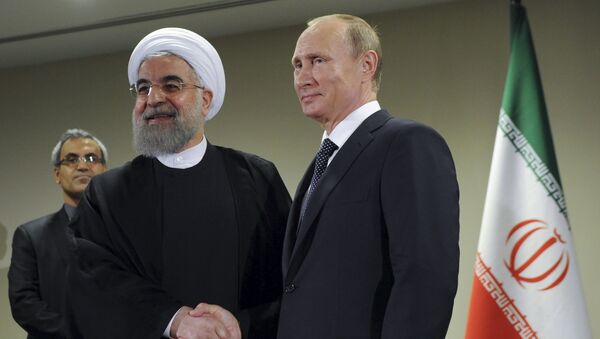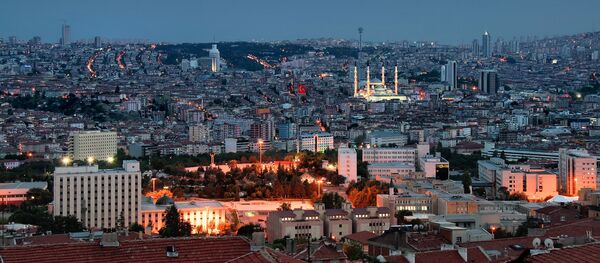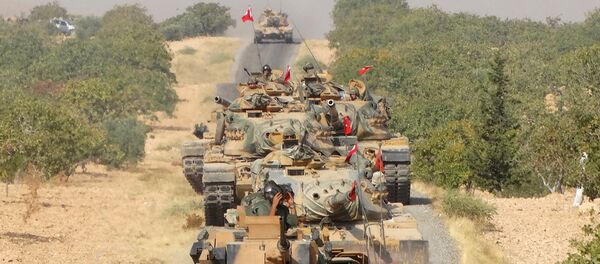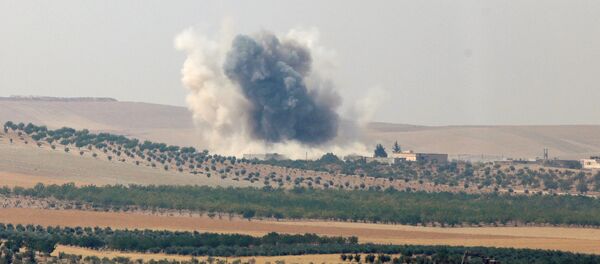While Moscow and Tehran have long fostered working relations, bilateral ties between Moscow and Ankara were damaged when Turkey, a NATO member and a key Washington ally in the region, downed a Russian bomber in northern Syria.
"Disagreement with NATO on ways to fight Daesh in Syria and the botched coup prompted Ankara to turn to Russia. According to available information, Recep Tayyip Erdogan managed to prevent the military coup from succeeding because Moscow shared intelligence data with him," the newspaper noted.
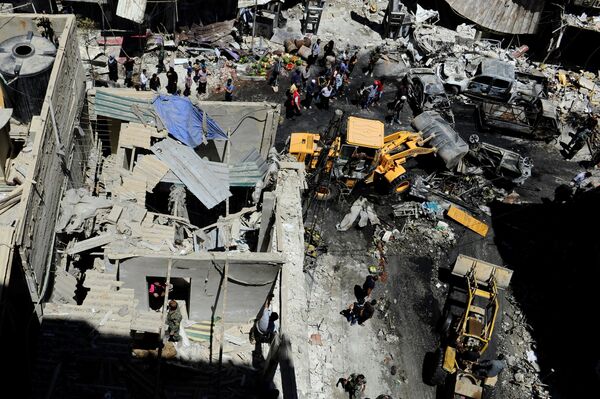
It is nearly impossible to believe that NATO was not aware of an unusual military mobilization on the eve of the coup, the media outlet said, adding that the bloc apparently did not share this information with Recep Tayyip Erdogan. Russia used the opportunity and the Turkish leader understood who his friends and enemies are.
The China Youth Daily offered three reasons that could explain improving counterterrorism cooperation between the three nations.
Firstly, if Russia, Iran and Turkey join their counterterrorism efforts, they will increase their anti-Daesh capabilities. In addition, they will also make it clear to the United States, Europe and the Middle East that they are the key players in Syria.
"Any political, economic and military attempts to resolve the crisis bypassing Moscow, Tehran and Ankara are doomed to failure," the newspaper noted.
Secondly, the alliance offers an opportunity to exert pressure on Saudi Arabia, Washington's ally in the Middle East.
Thirdly, the alliance will help to force the US, Europe and NATO to readjust their strategy in the Middle East. Although the West has tried to make overtures to Turkey and Iran, both Middle Eastern countries seem to have opted for closer relations with Russia instead, turning to a different "decision maker."
The newspaper described this process as "a logical step," adding that it "remains unclear whether the US and Europe are ready to accept Turkey and Iran's 'pivot' to Russia."
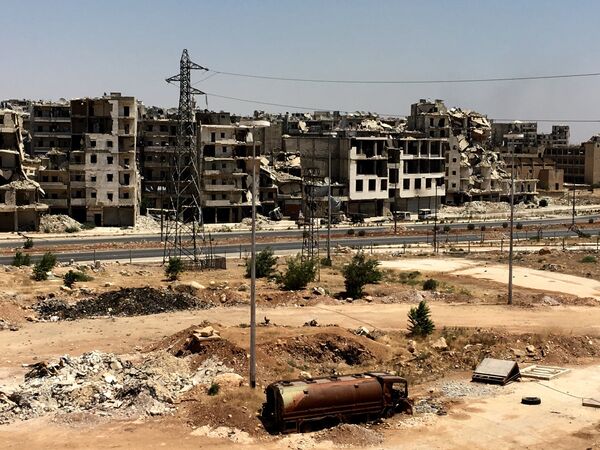
This new format will not necessarily be symmetrical. As freelance journalist Zakiyeh Yazdanshenas pointed out, Iran views its relations with Russia as strategic, unlike Moscow's ties with Ankara.
"These days, Iran sees itself as Russia's strategic partner in the Middle East. Of importance, the two countries are supporting the same side in the Syrian war," she wrote for al-Monitor. "Increased military cooperation between Moscow and Tehran is evidence of how important this partnership is for Iran."
Last week, Russian Foreign Ministry's spokeswoman Maria Zakharova, refrained from calling relations between the three countries "a new format for settling old crises," let alone an alliance. She emphasized that these contacts were in fact standard practice states involved in tackling regional challenges.
"Therefore, it does not replace any of the existing formats on resolving any particular issue. This is a platform for interstate dialogue and exchange of opinions, and this is standard practice," she said.

